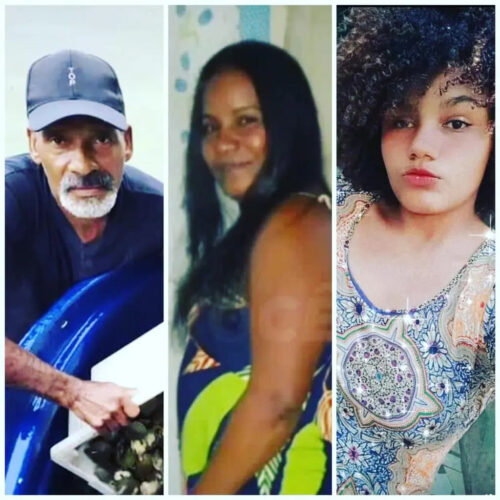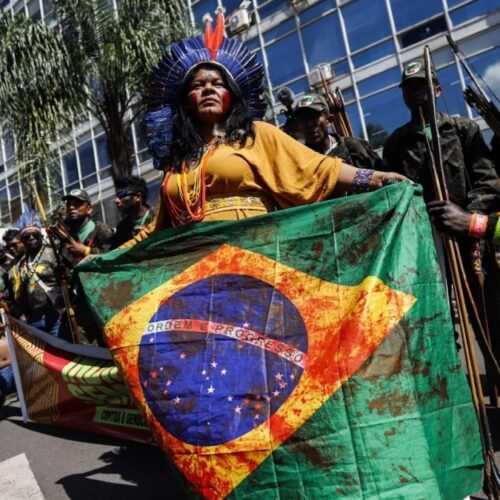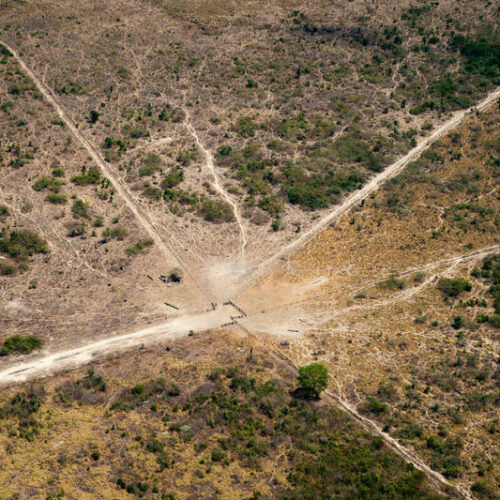Scholars from universities in the US, international NGOs such as Greenpeace, and Brazilian organizations such as the Indigenous Peoples Network of Brazil (Apib) delivered a 31-page dossier calling for a thorough review of the US relationship with Brazil. The document points out Donald Trump’s role in “legitimizing Bolsonaro’s authoritarian tendencies” and asks for the restriction of the purchase of lumber, meat and soy, as a response to the high deforestation rates in the country.
The document also mentions minorities, indigenous peoples, democracy, police violence and calls for a revision of the text that allows the commercial exploitation of the Alcântara Space Base in Maranhão, which threatens quilombola [Afro-brazilian traditional communities] territories.
“Anyone in Brazil or elsewhere who thinks they can promote an ambitious relationship with the U.S. while ignoring important issues like climate change, democracy and human rights, clearly has not heard Joe Biden during the campaign,” said Juan Gonzalez, Biden’s advisor who brought the dossier to the core of the government, according to BBC News Brazil.
Sources:




















